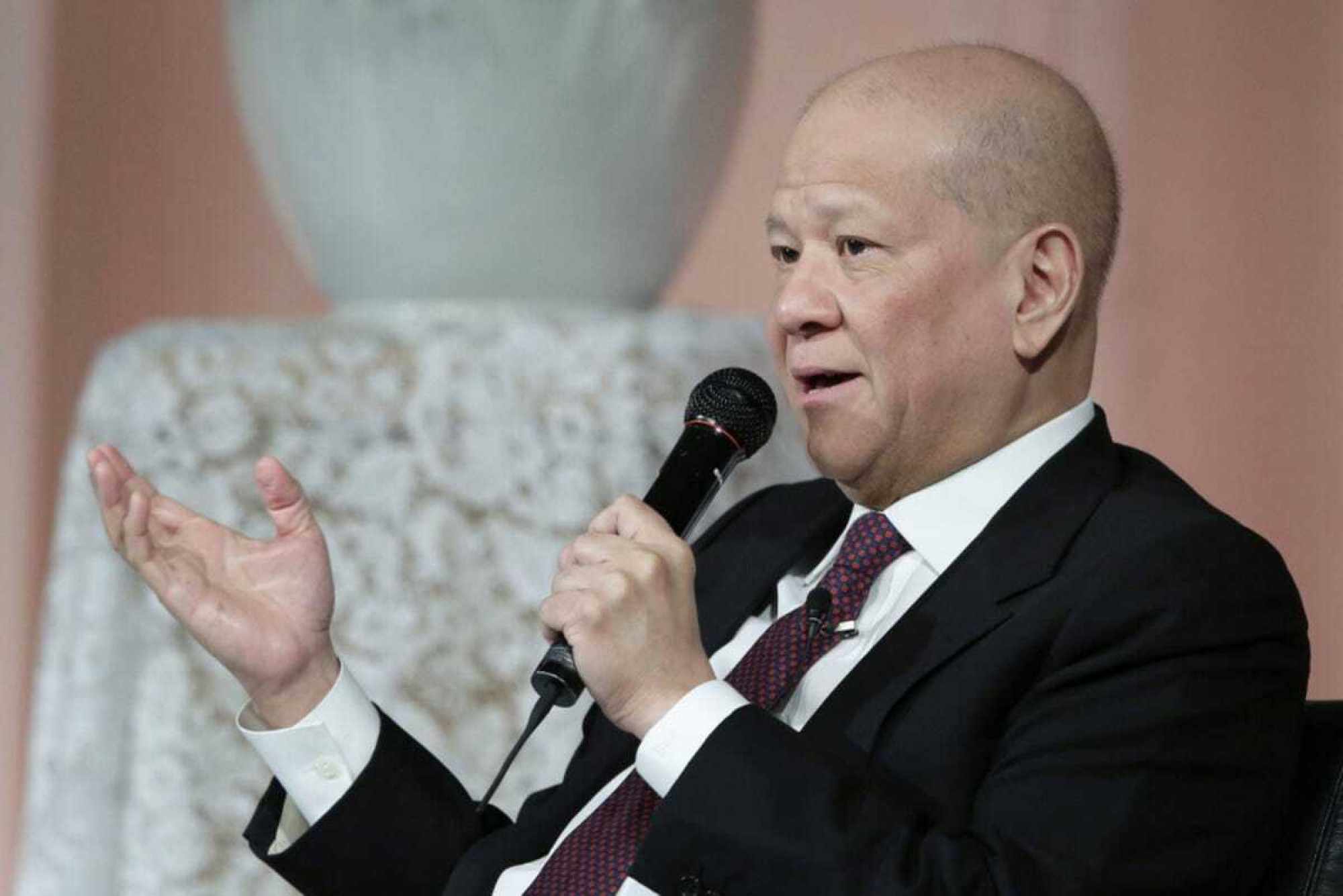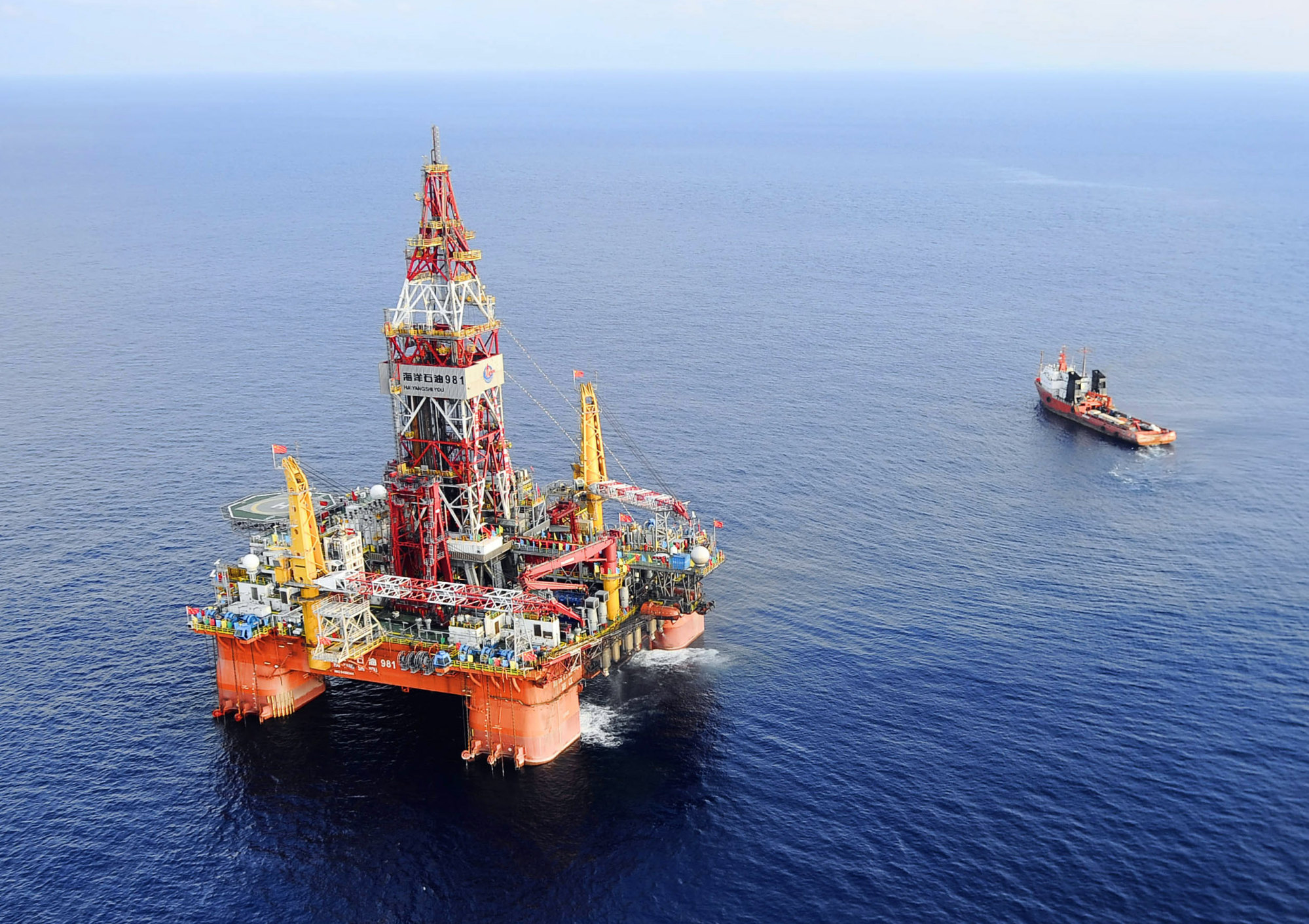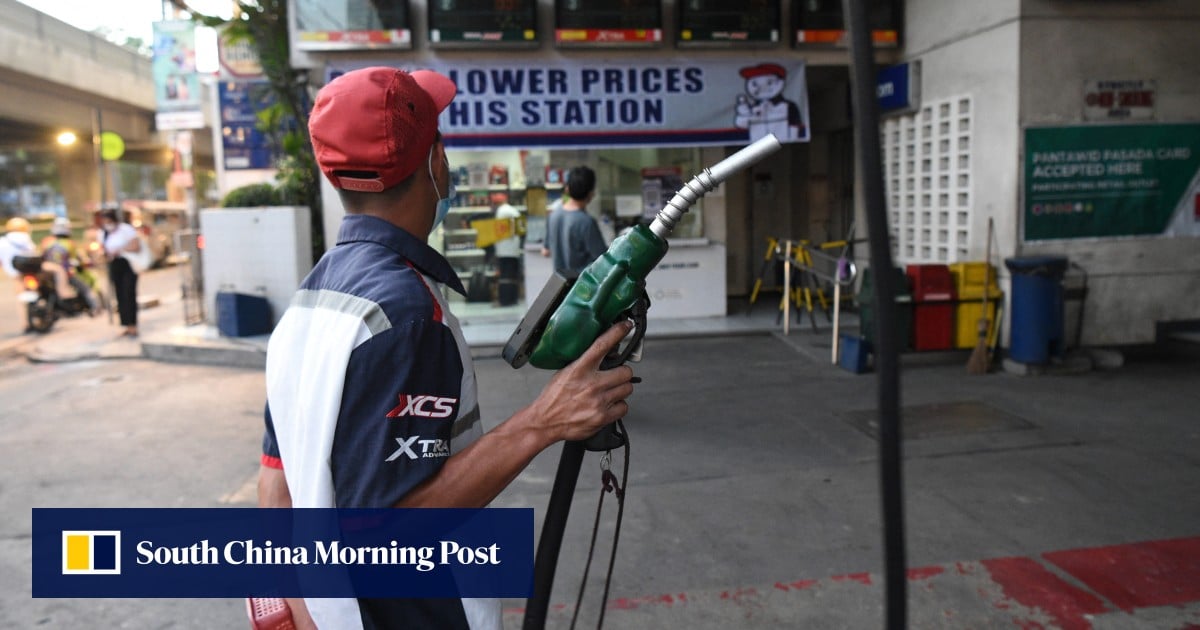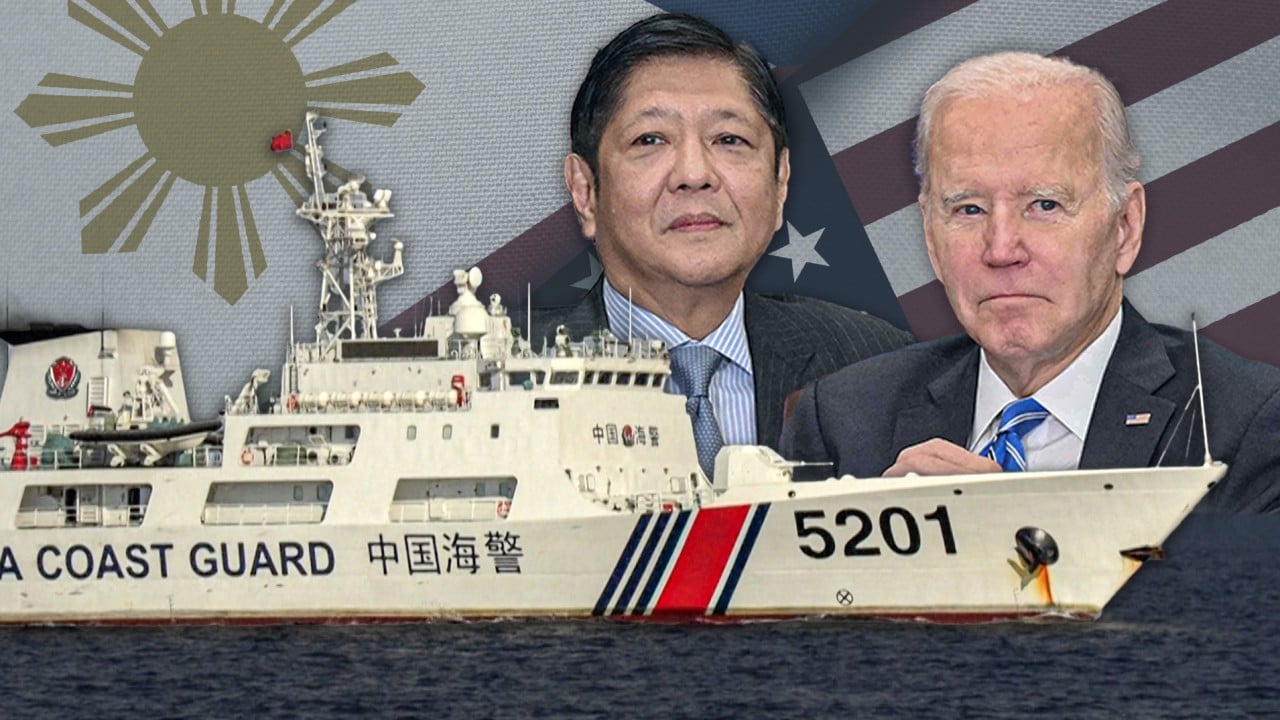
Ang noted that Manila’s oil production capabilities were dwarfed by that of neighbouring countries.
“Our own oil production is only 6,000 barrels per day, compared to our neighbouring countries’ average of 1 million barrels a day,” he said.
Edmund Tayao, a political analyst and political-science professor at the San Beda Graduate School of Law in Manila, said that while there might be economic pressures to expand energy production in the West Philippine Sea, there were other risk factors to take into account.
“This is not just an economic and business issue. Since suspected sources are in disputed areas, political considerations must be factored in, making it a challenging situation,” Tayao told This Week in Asia.
Two weeks ago, former Supreme Court associate justice Antonio Carpio told ABS-CBN News that the Philippines could explore the oil and gas at Reed Bank, located to the north-east of the Spratly Islands, if it had help from the US to prevent harassment from China’s coastguard.
According to a March 2023 report by the United States Energy Information Administration, Reed Bank could hold up to 10 billion barrels of petroleum products and 6.7 trillion cubic feet of liquefied natural gas. Once developed, this could help lower the prices of fuel and power costs in the Philippines.
“Indonesia [also] sent their survey ships with their navy while the US aircraft carrier Ronald Reagan was nearby, so the Chinese coastguard could not interfere.”
According to Carpio, joint maritime patrols with the US would be necessary for Manila to prevent harassment from China during energy exploration.
“The formula is to send our survey ships and have a joint patrol. In Malaysia and Indonesia’s case, there was no formal patrol announcement. The US and Australia conducted naval patrols, orchestrated behind the scenes. Since we have the Mutual Defence Treaty with the US, we can announce the patrol,” he added.
The US-Philippines treaty, signed in 1951, calls on both countries to aid each other in times of external aggression. The Pentagon has stated that it is prepared to assist Manila if the treaty is invoked amid threats from other nations.
Chester Cabalza, president of the Manila-based International Development and Security Cooperation think tank, told This Week in Asia that delays in exploring underwater energy resources had resulted from previous conflicting agreements with China.
“Now that Manila has its own means and wants, the Philippine government and related agencies should quickly develop a blueprint to secure our energy sources in the West Philippine Sea,” Cabalza said.
“Manila must optimise and prioritise exploring and exploiting our maritime energy sources within our internal waters and exclusive economic zones, now with strong economic backing.”

Joint failures
Carpio said a memorandum of agreement had been reached between Manila and Beijing in 2018 to establish an intergovernmental joint steering committee for potential energy cooperation in the West Philippine Sea.
However, he said China’s demand for the “removal of phrases stating the oil and gas belonged to the Philippines and the service contract would be handled by the Philippines” led to the termination of the agreement.
“We cannot, at any point, compromise the territorial integrity of the Philippines,” Marcos Jnr said. “That is the guiding principle behind any talks we might have.”
Given the maritime dispute in the West Philippine Sea, Cabalza advised against jointly exploring and developing resources with China, as this was likely to lead to future conflict.
“Manila should stand on its own. There is a high demand for oil and gas as the Philippines sustains its economic development. It is pragmatic to use and extract our natural resources within our borders,” he said.
Asked if there was still a possibility for a joint exploration and development deal with China, Tayao said any such agreement would imply recognising China’s competing claim.
“There is a disadvantage that seems to have been overlooked. A joint venture with a Chinese company might be considered, but not joint exploration, especially with China as a state,” Tayao said.


